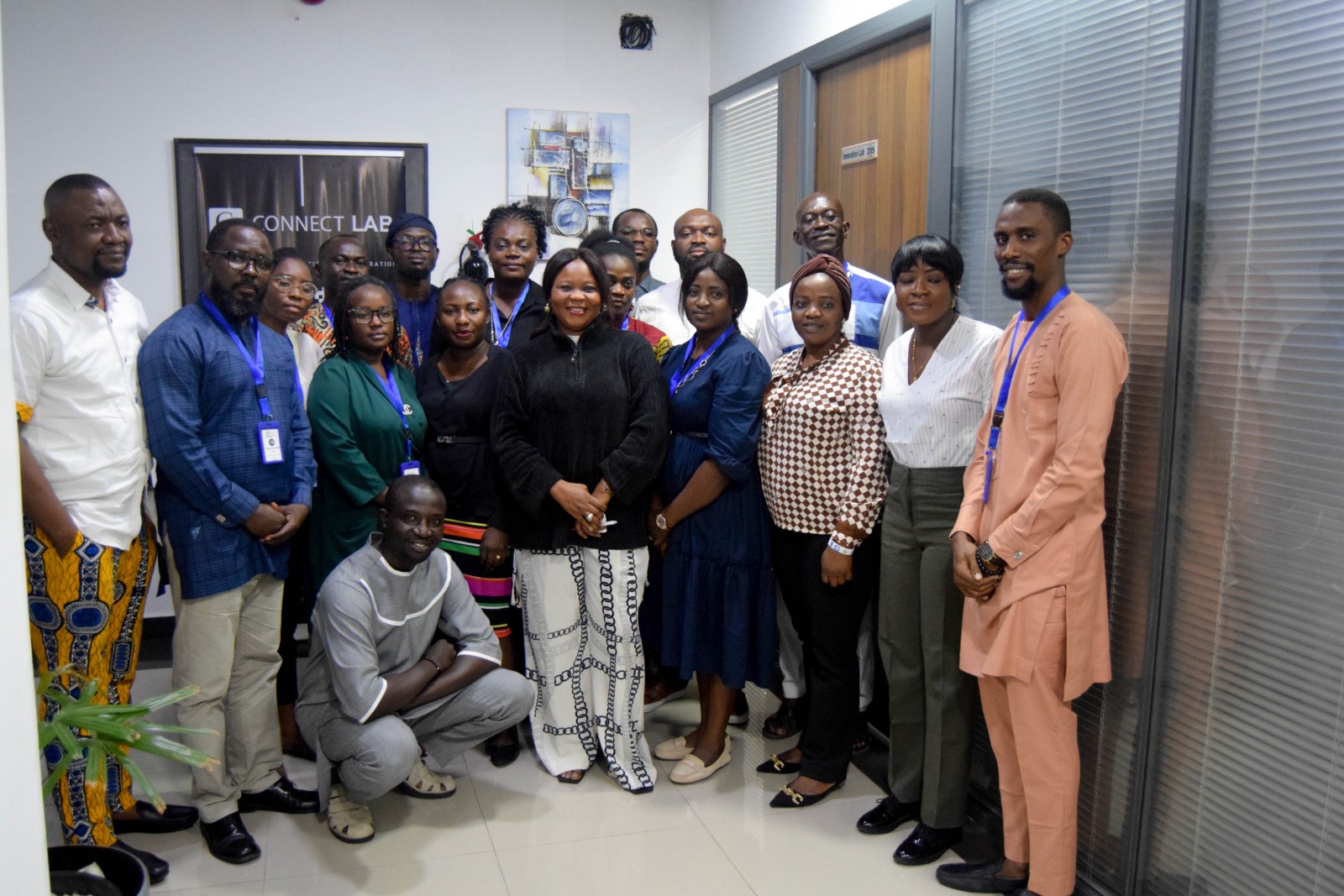By Rachael Okolo and Echeng Clement, Abuja
Environmentalal activists have called on the government to address the issue of improper plastic use in order to reduce its harmful impact on Nigerians’ public health and environmental protection.
The need for the call, they claim, has arisen because many consumers are unaware that 7,000 of the 13,000 chemicals used to make plastics are hazardous.
Mr. Ahmed Tiamiyu, executive director of Community Action Against Plastic Waste (CAPws), said these deadly chemicals should be prohibited from being used in the production of plastics to safeguard /vulnerable consumers from their unsafe effects.
Tiamiyu, who raised the issue during a one-day media capacity-building workshop organised by his organisation and its partners in Abuja, expressed concern that, despite their importance in the economy and daily life, plastics, particularly single-use plastics, continue to have significant negative environmental and human health consequences.
“How do you use a plastic that has been produced for many hours and then dispose of it immediately after use?” he asked.
The head of CAPws bemoaned the fact that this practise does not benefit anyone due to its inimical impacts and instead suggested that Nigeria should redesign its idea of single-use plastics so that they can be recycled to support that nation’s sustainable economic plan.
Speaking about the Global Plastics Treaty, which if approved will be endorsed by 193 United Nations member states by the end of 2024, he assured that the document would address how plastics are produced, cases of their lifecycle, ocean pollution, and drive new innovations that would create economic prosperity for Nigerians.
Mrs. Fejiro Olokpo, the programme manager of Connect Lab Africa, feels that civil society activists are needed to support the federal government’s efforts in the ongoing discussions for a legally binding instrument that will control plastic use globally.
According to her, it is critical to keep track of new research and studies that offer alternative solutions to the threat of inappropriate plastic production to keep up with the worldwide trend in their use.
“It’s better if we start working on it collectively because the risks are real, and the sooner we get into the mindset of trying to mitigate their impact, the better for everyone,” Mrs. Olokpo asserts.
She urged more young people, particularly those in schools, to start thinking about a green future because the preservation of the environment is significant and should be maintained.
Mr. Weyinmi Okotie, a sustainable energy advocate with the Global Alliance for Incinerator Alternatives (GAIA) Africa, believes the media can help the country identify potential long-term solutions to plastic pollution.
Okotie, who led a discussion on how to report fake solutions to plastic pollution, asked participants to focus their reporting on ways to limit plastic production, segregate waste, and encourage alternative service delivery models.
“This would avoid false solutions, which could divert attention, energy and resources away from real solutions,” he disclosed.







